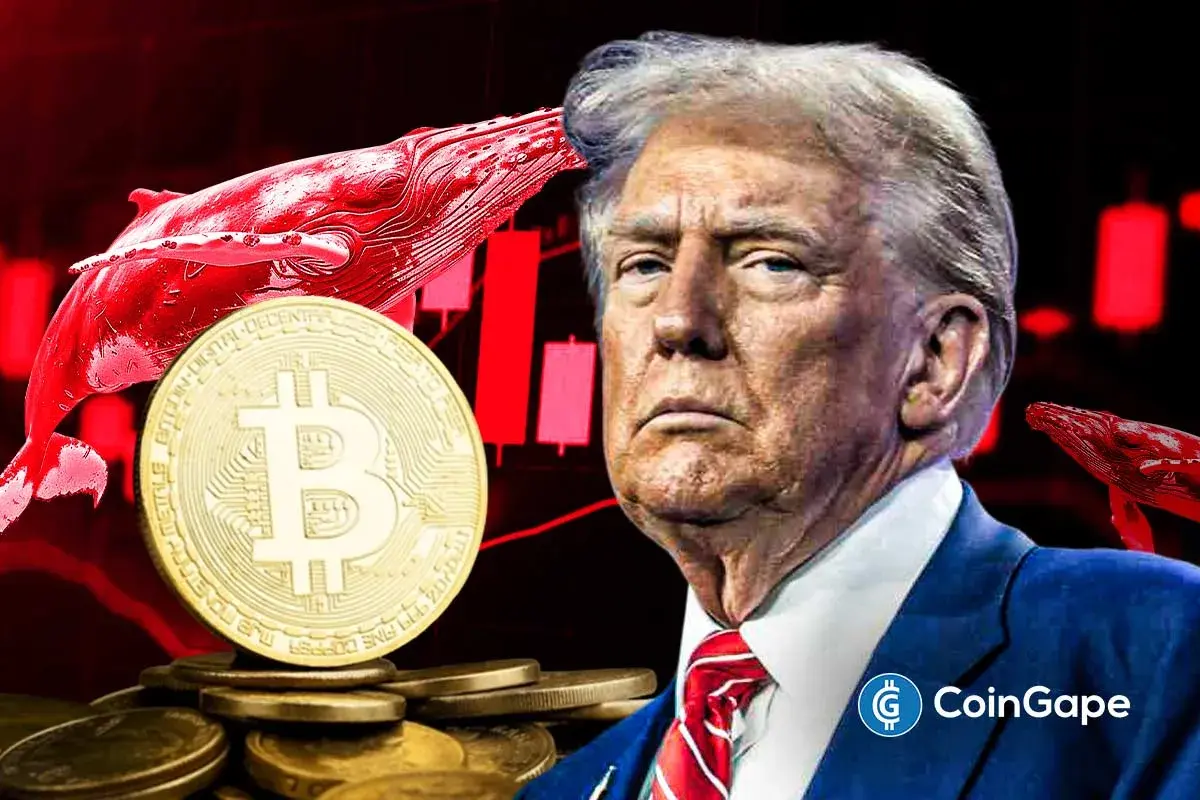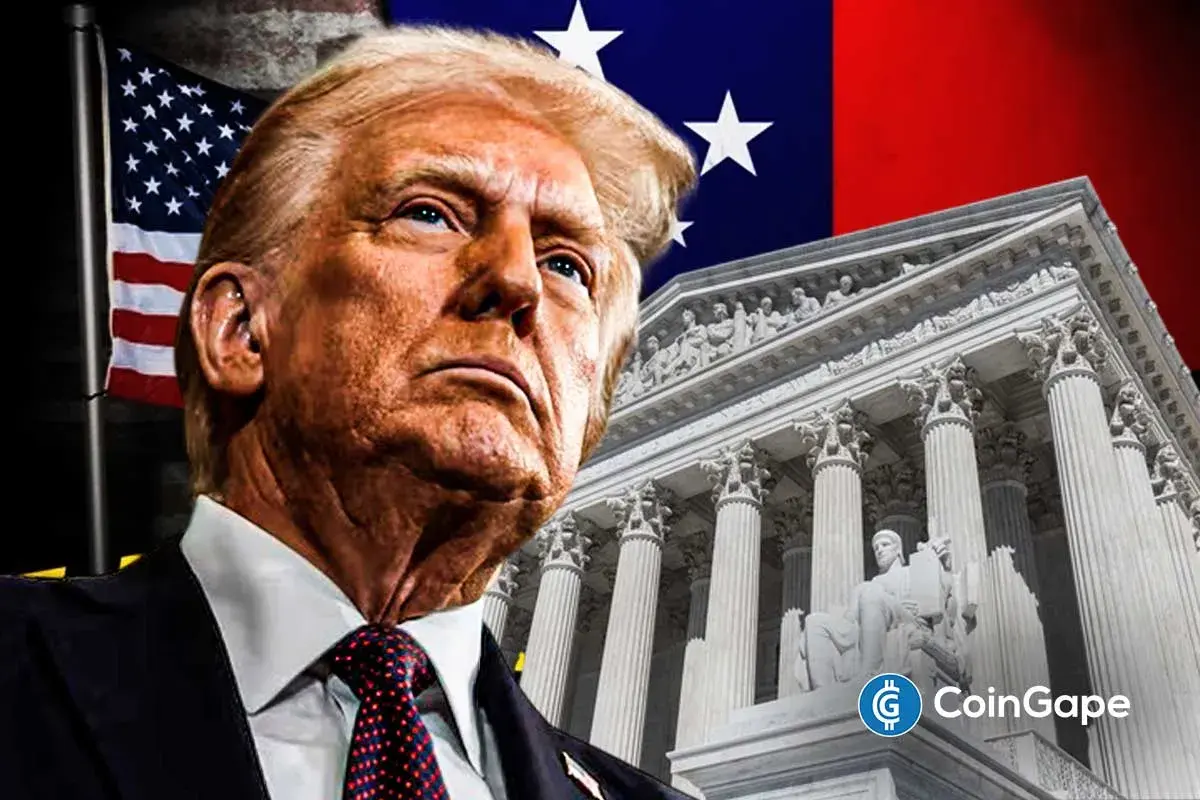Crypto Scam: Indian State Grapples With Another Fraud Worth $1.8 Million

In the wake of rising crypto scams in India, the state of Odisha is again surfacing in the headlines. According to local media reports, an overseas gang operating in the city of Rourkela of Odisha was busted by the police on Saturday. The gang has allegedly conducted frauds worth $1.6 million.
Overseas crypto gang busted in India’s Odisha
According to local media reports, India’s Odisha has again become a victim of crypto scams. This time, a cryptocurrency network that was allegedly running out of Cambodia was busted on Saturday. The alleged gang members were operating from various parts of the country and were active for the past year.
The racket members had used fraudulent mobile applications to defraud consumers out of around $1.8 million.
The modus operandi of the gang included cyber scams involving fake cryptocurrencies. The police reports state that the individuals typically create fictitious applications and use the promise of large returns to get investors to purchase different shares. They created an India SEBI app, which allowed them to attract investments from throughout the nation and even beyond. Subsequently, police learned that the gang was the target of up to 210 fraud cases across several states.
Increasing Crypto Scams in India
India has been tussling with a rise in cyber crimes in the country for quite some time now. Just previously the same state of Odisha saw another crypto scam, making this incident the second in a month. Local media studies indicate that cryptocurrency con artists easily fool Indian investors. Most of these scams take place on the chat software Telegram.
The absence of regulations, inexperienced new investors, and lack of knowledge of digital media are the main factors influencing the Indian audience to fall prey to crypto scams.
Indian government tights regulations to cut on crypto scams
The Indian government has begun enforcing more stringent regulations to reduce the overwhelming volume of cryptocurrency frauds occurring in the country. The number of victims falling victim to crypto fraud and government official impersonation has increased, according to the cybercrime police.
To combat this grieving situation the Indian government has been increasing its scrutiny over illicit crypto trading sectors. Additionally, nine offshore bitcoin exchanges received a show cause notice from the Financial Intelligence Unit (FIU). The FIU sent a statement alleging that the exchanges had broken India’s anti-money laundering regulations and were “illegally operating.”
The government has also added digital assets to its watch list. This means that India’s cryptocurrency exchanges are now subject to money laundering laws.
- Robert Kiyosaki Reveals Why He Bought Bitcoin at $67K?
- XRP News: Ripple Partner SBI Reveals On-Chain Bonds That Pay Investors in XRP
- BitMine Ethereum Purchase: Tom Lee Doubles Down on ETH With $34.7M Fresh Buy
- BlackRock Buys $65M in Bitcoin as U.S. Crypto Bill Odds Passage Surge
- Bitcoin Sell-Off Ahead? Garett Jin Moves $760M BTC to Binance Amid Trump’s New Tariffs
- Ethereum Price Rises After SCOTUS Ruling: Here’s Why a Drop to $1,500 is Possible
- Will Pi Network Price See a Surge After the Mainnet Launch Anniversary?
- Bitcoin and XRP Price Prediction As White House Sets March 1st Deadline to Advance Clarity Act
- Top 3 Price Predictions Feb 2026 for Solana, Bitcoin, Pi Network as Odds of Trump Attacking Iran Rise
- Cardano Price Prediction Feb 2026 as Coinbase Accepts ADA as Loan Collateral
- Ripple Prediction: Will Arizona XRP Reserve Boost Price?


















